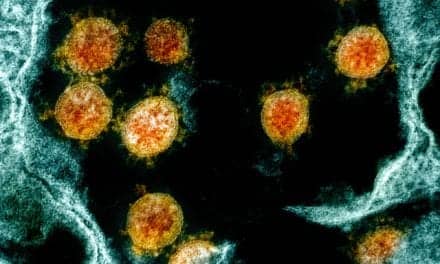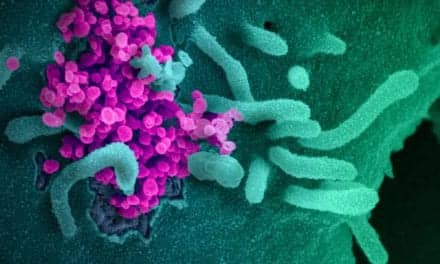Patients with cancer who also had COVID-19 had greater risks of mortality, hospitalization, intubation, and comorbidities, according to an analysis of 212,000 health records by the FDA’s Oncology Center of Excellence (OCE) and Syapse. The data was presented at the American Association of Clinical Research (AACR) COVID-19 and Cancer meeting.
The analysis found that cancer patients with COVID-19 are more likely (compared to those without COVID-19) to have:
- Comorbid health conditions (eg, kidney failure, obesity and heart disease)
- Increased rates of hospitalization and invasive mechanical ventilation, and
- A 16-fold increased mortality risk.
The researchers also underscored evidence for health care disparities among cancer patients with COVID-19.
This presentation is part of OCE’s partnerships with experts in healthcare data and analytics to investigate characteristics and clinical outcomes of patients with cancer who are infected with SARS-CoV-2, the virus that causes COVID-19. This work builds upon several initiatives under way across FDA that leverage real-world data to improve understanding of COVID-19. These efforts include FDA’s participation in the COVID-19 Evidence Accelerator, organized by the Reagan-Udall Foundation for the FDA in collaboration with Friends of Cancer Research.
“The clinical experience of people with cancer who have contracted COVID-19 is an essential resource that can help the medical community better understand the impact of the disease in this population,” said Harpreet Singh, MD, associate director, Cancer in Older Adults and Special Populations, FDA’s Oncology Center of Excellence, and Director, Division of Oncology, FDA’s Center for Drug Evaluation and Research.
“The data we analyzed in collaboration with Syapse revealed a stark reality that people with cancer are at an increased risk of more serious outcomes from COVID-19 but also that there are inequities for Black Americans and those of lower socioeconomic means. It’s imperative that we continue to rapidly examine real-world data to address the urgent health care challenges brought on by this pandemic.
“In OCE, we will continue to work diligently to meet the needs of cancer patients, who constitute a vulnerable population at risk of contracting COVID-19.”










